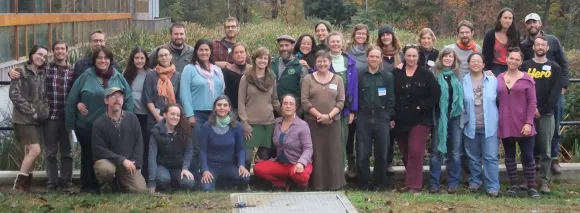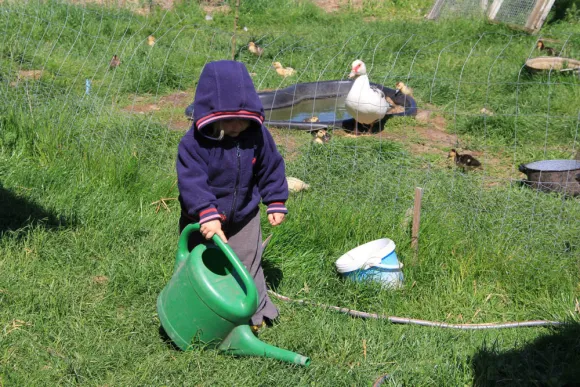Ghana’s GPI goes for Sustainable Goals
Anyone who has recently followed the development of the Ghana Permaculture Institute knows: the warm-up phase ended long ago, now the game is in full swing and first milestones have been reached. The finish line is in sight: establishing the first Ecovillage as the core of a West African Permaculture-Network. The Institute, moving surely and steadily forward in the right direction, may now look forward to further ambitious targets which loom on the seemingly far horizon: the Sustainable Development Goals.
- Read more about Ghana’s GPI goes for Sustainable Goals
- Log in to post comments


